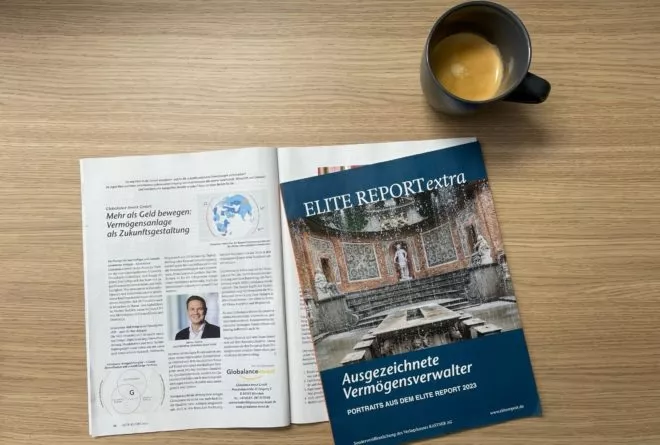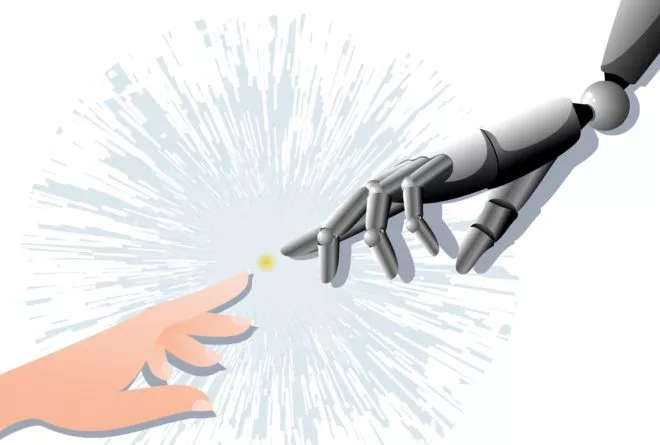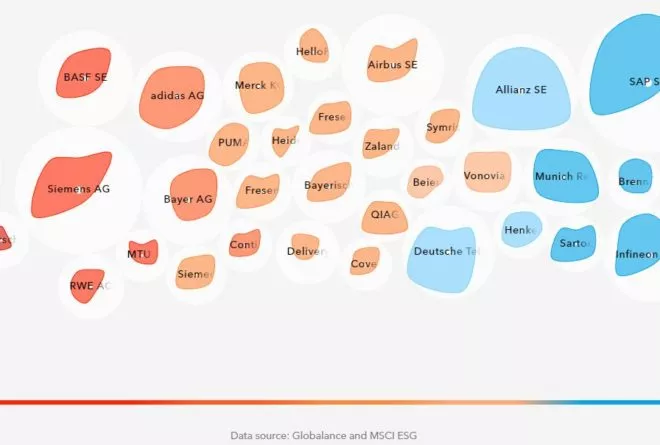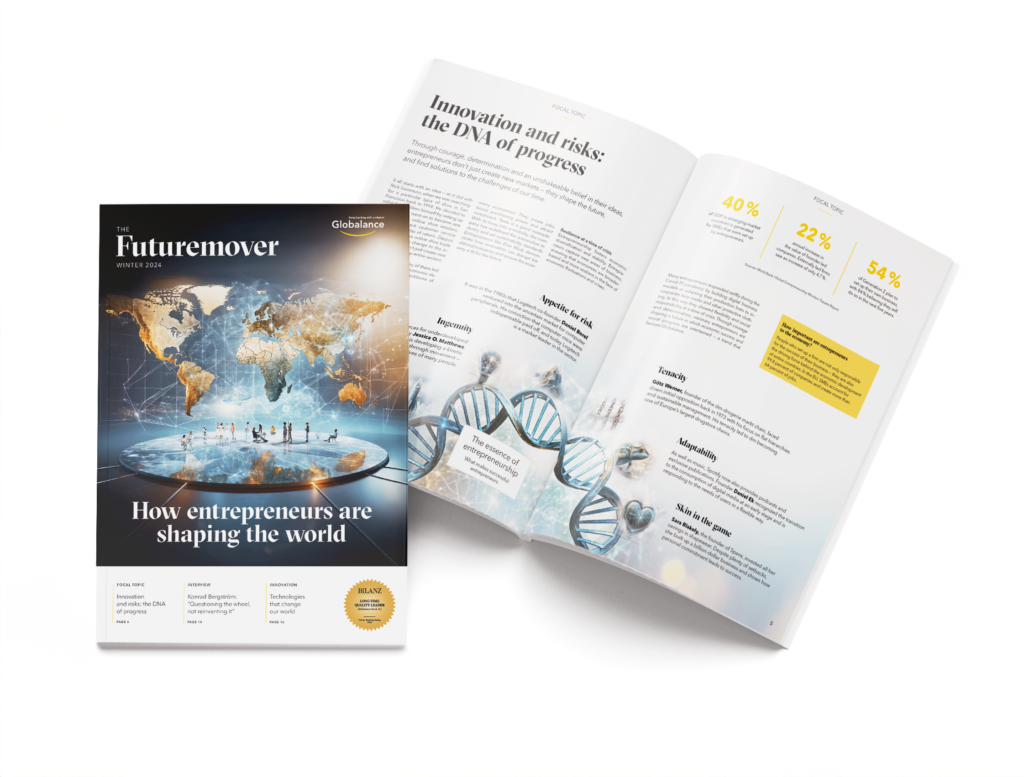News & Trends
No World without Challenges
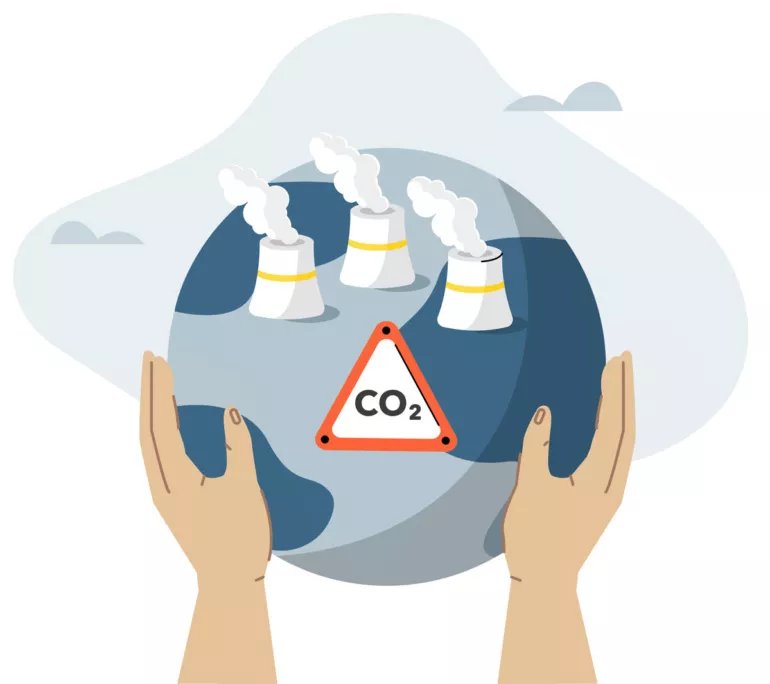
About Killjoys and Stumbling Blocks
Economic tactics, industrial espionage, sanctions and import tariffs – global tensions have by now sadly become a mainstay of our geo-political reality. Our little blue planet could have been made much more sustainable, but opposing interests delay the necessary change processes and shortterm thinking often prevents perspective orientations.
The post-COVID era holds various challenges, raises some questions and fogs up the rose-coloured glasses from time to time. We have every reason to be optimistic about the future, but we should not ignore those stumbling blocks still in the way to the better world we all strive towards. A few examples of considerable challenges and an appeal for more transparency.
China – Dash to Become an Economic Powerhouse
While Europe is still bickering over uniform vaccination cards, the Chinese economy has swung back into the saddle and is galloping towards the future. Despite the pandemic, China is the only major economy to have closed 2020 with a positive growth of 2.3 percent – while the USA suffered a minus of 3.6 percent. For 2021, the new five-year plan of the Middle Kingdom even foresees economic growth of over six percent. Technological independence from the Western World is to be an important item on the agenda in order to create a primary cycle in the domestic market and to bind the partner states even closer. The country seems poised to overtake the former economic power, the USA, and will be building up speed over the coming years to take first place – from strategic partner to strategic competitor.
Tense Prospects
Tensions between these two nations have been palpably in the air since the Trump administration at the latest. The USA sees China’s actions as a threat to global stability. The human rights violations in Hong Kong and the oppression of the Uyghurs in Xinjiang even moved the EU to re-impose sanctions on China for violating fundamental rights after more than 30 years. In the extremely dynamic Indo-Pacific region, the USA is currently strengthening its influence to counter China’s sovereignty claims and to support democratic Taiwan. The People’s Republic considers the island state part of its own territory and uses Taiwanese airspace and sea lanes for military shows of force. On a collision course in the strategically most important region of the world?
The surveillance of their own people by means of planned social credit systems and spying as well as censorship of internet traffic through projects such as “Golden Shield” are also viewed extremely critically by the Western states. China, for its part, strongly disapproves of such ”interference in its internal affairs“ and would rather quickly reach some agreement with the USA to do away with the import tariffs imposed on goods coming from China instead – but the new President Biden is also making a show of taking a stand against the unfair trade practices and the theft of intellectual property. The recurring accusations of cyberattacks by both sides have escalated in the recent past, culminating in a recent hacking attack on Microsoft’s Exchange email software. The company identified Chinese state agencies as the masterminds behind this attack, and experts speak of 30,000 affected US companies and several hundred thousand victims around the world. A tense relationship marked by mutual accusations and mistrust between two states that flex their muscles and focus almost exclusively on self-interest. A tense relationship marked by mutual accusations and mistrust between two states that flex their muscles and focus almost exclusively on self-interest. And in between, the EU – economically dependent on China and in a transatlantic relationship comeback with the USA. A global challenge for the coming years.
Short-term Thought too Short
We have often heard the phrase ”play it by ear“ in recent months. The order of the day for an extraordinary time in which planning ahead for more than a week or two is simply impossible. So we play it by ear, we decide things ”on the fly“, take things as they come, and often have to choose the lesser evil. When we get down to it, it is human to think in the short term, even evolutionary: Who wants to be eaten by a lion just because their attention was not in the here and now? But if we anticipate crises and changes early on, we should surely be able to act instead of just react. Well, politics seems to be largely specialised in short-termism, although future challenges often extend beyond election periods. There are still too many companies that profit from the status quo, do not want to make changes and do not want to think about tomorrow. People like to see immediate results – preventive thinking is difficult. Even if we stop using CO2-emitting fuels today, climate change will not end then and there. It may be unpleasant to bear the costs today for consequences that are not yet immediately apparent, but it will be even more unpleasant when the consequences of inaction start taking their toll. Millennials also like to put off important decisions. Half of young people between the ages of 18 and 32 have not yet made provisions for their old age. About 40 percent either feel too young or the topic is still too far in the future and is skilfully ignored for the time being – closing their eyes to the financial consequences.
Lobbyism and Subsidies – The Old World Defends Itself
The IMF has now taken to join its voice to that of that climate change experts calling for an end to fossil fuel subsidies and the creation of a greener, fairer economy for the future. This is a mammoth task, as the IMF estimates that subsidies for this industrial sector amounted to a gigantic US$ 5.2 trillion in 2017, which corresponds to 6.5 percent of the global economic output. These are outrageous subsidies, for coal, oil and gas companies, which are responsible for 65 percent of CO2 emissions. According to the IMF, these could have been 28 percent lower without the subsidies and the mortality caused by environmental pollution could have been halved. This makes the US$ 1.9 trillion ”Build Back Better“ bailout programme by the USA to promote sustainability in the infrastructure and energy sectors all the more welcome. The interest groups, on the other hand, have so far pursued the goal of making us dependent on fossil energy sources for as long as possible. The old world wants to delay climate-friendly measures and consequently blocks the way for the new world to make necessary changes – in this case to the detriment of renewable energies. The internal combustion engine also still tangents too large a community of interests and slows down electromobility, while the agricultural lobby still prevents a nationwide turnaround towards environmentally friendly agriculture.
What Do We Learn from This?
First, short-term profit maximisation is a poor strategy for long-term success. Secondly, political or corporate practices at the expense of society or the environment will take their toll sooner or later. And thirdly: Disruption manifests itself most clearly where people cling desperately to outdated structures. Globalance applies the same standards to investments: Only investments that meet rigorous criteria for future viability, positive impact and financial resilience make it into the portfolio.


